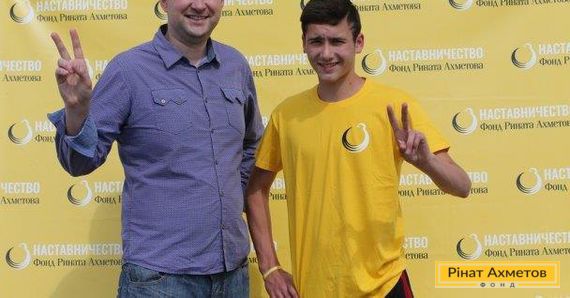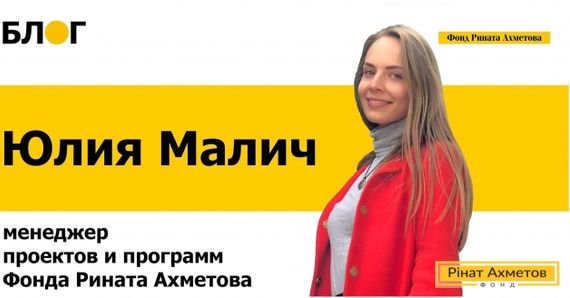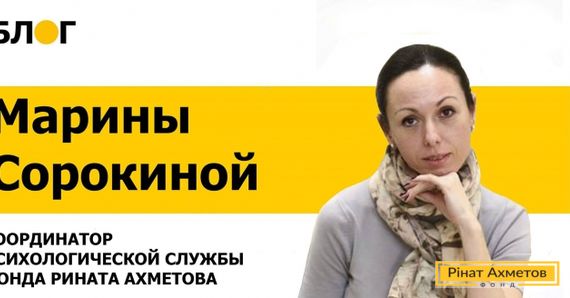Invisible threads. BLOG of Natalia Yemchenko, Director of Public Relations and Communications of SCM

I really believe that children should not grow up in the orphanages. Not because they are poorly fed or ugly dressed. The reason is different. A very small number of graduates from orphanages find themselves in adulthood. Only some of them enter universities. But a great many after leaving the orphanage attempt suicide, live on the street, go beyond the law.
And this is unfair. And this is programmed. This program can and must be changed. But only if the children will grow up in the families.
In Ukraine, 106 thousand of children permanently reside in the orphanages. And only 8% of them are orphans or children deprived of parental care. The remaining 92% of children from orphanages have parents. 106 thousand of children are in a special risk zone. These children really need adult support.
We have statistics that children under the age of 12 have less chances to be adopted than small children. It is for this reason that such teenagers often meet the strange world face to face without support, without love, without a guide for adult life.
In the Rinat Akhmetov Foundation, we are supporting such teenagers to adapt to the independent adult life, helping them with their study and career choice. Last April, we launched a pilot project ‘Mentoring’.
From what did we start? From the experience. American Association ‘Big Brothers Big Sisters’ was the first to get down to this work. Nowadays, it is the largest mentoring organization. The movement itself was originated in 1904 in the United States. At first, it was the initiative of several volunteers, and today the organization is present in 13 countries of the world. 270 thousand children have already received its support.
Who is the mentor? Mentor is an adult who plays an important role in your life, an older friend, an indifferent adult. He is devoutly interested in the teenager's life and supports him. This is a guide, a compass showing the right way.
We have found 43 people who were not afraid to take moral responsibility for another person. Each of them made an informed choice.
The Foundation trained each mentor with basics of adolescent psychology: how to establish contact, how to earn confidence of the person under care, how not to allow manipulating kindness and willingness to help. And I know that our mentors coped with this perfectly. Not immediately, but they managed to do this. Nobody faded away and said: ‘I was wrong, I do not need it.’
Each of these 43 heroes became a mentor for a certain teenager from the orphanage and then became a friend, a team-mate, a close person. And as a result 43 children disembosomed themselves, took the first step to meet and accepted assistance. Each of the 43 stories is worth to be a story in a series of reports or even in a book. And this will be completely different books, stories, different trajectories - just because children are different.
It appeared that in each particular case, mentoring connected two worlds, two people with invisible threads. One who has something to say and what to teach, and one who needs to be heard and learned. The mission continues. Invisible threads are getting stronger.




